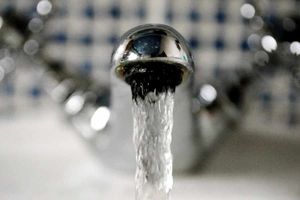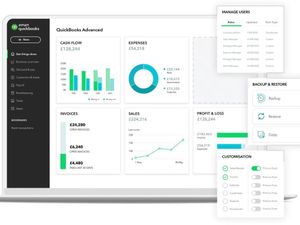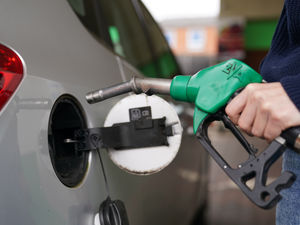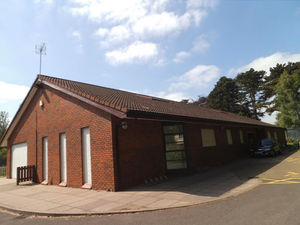Top tips on keeping water bills down as price hike looms
Residents across the region are bracing for an increase of more than 20 per cent in water costs over the next five years, so here are some expert tips on how to keep them as low as possible.
Watch more of our videos on ShotsTV.com
and on Freeview 262 or Freely 565
Water company watchdog Ofwat is warning that water bills are set to rise by 21 per cent over the next five years.
According to data from bathroom and kitchen retailer, Tap Warehouse, the average person in the Black Country uses 150 litres of water per day, a typical bath will use around 100 litres of water, a third of all water usage in households comes from the toilet, leaving the tap running as you brush can waste up to 10 litres a minute and only boiling the amount of water you need for your cuppa will save water as well as energy.
Additionally, when cooking food, using the wrong size pan can cause even more wastage when cooking.

In light of the increase, and potential scenarios where costs can incur unnecessarily, Nancy Emery, home expert at Tap Warehouse has shared her top tips on how to save water in the home.
She said: "Every year we’re seeing our bills and household costs increase with rising water rates. Water bills are either estimated, which means you pay a fixed amount depending on the size of your home, or alternatively a water meter is installed, meaning you only pay for what you use.
“All new homes are fitted with water meters and it’s possible for you to install one for free on request. This could be a quick fix to help you regulate your water use and keep costs down.
“There are also a variety of household gadgets that can help including water regulating shower heads, tap inserts which introduce air into the water flow - reducing the amount of water and energy used, shower timers and water butts, along with simple tricks you can follow around the house.”
All together, Nancy highlighted four ways she claims can reduce costs and keep those hard-earned wage packets in resident's bank accounts.
1. Install a tap aerator
A tap aerator is a nifty little gadget designed to reduce the required flow of water from your taps, which will in turn reduce your water usage. The aerator simply attaches to the spout of your tap and can reduce the flow of water by up to 10 litres per minute, costing around £0.03 for every minute the cold taps are running, and slightly more when running the hot tap."
Aerators can be used in not only kitchen taps, but also in bathroom taps, shower heads, hot tubs, hose pipes and pond pumps!
2. Fix leaky taps
A simple tip to saving water in your kitchen and bathroom is by checking that your taps don't leak or drip. A trickling tap can use over 450 litres a day, or a huge 175,000 litres of water in a year! This costs the average homeowner over £300 extra on their water bill, which can be prevented with a simple fix. Usually, leaking taps are caused by a degraded tap washer, so it’s a good idea to find the root of the problem.
3. Switch to a water saving shower head, or grab a flow regulator
For many people, a daily shower is likely their biggest usage of water which is why it’s a good place to begin saving. A shower head can help reduce your water consumption by up to 50% by either regulating the flow of water through the shower head, or adding air to the water. Both of these will allow you to have a great shower whilst using less water.
Similar to my first tip, you can switch out your shower head for an aerator shower head. Alternatively, if you’re on a tight budget then a flow regulator is a great option. They simply screw onto your shower hose and control the flow of water, reducing the maximum flow and saving you large amounts of water.
The average flow rate of a shower is between 10-15 litres per minute, but with a flow regulator this can be reduced to 4-10 litres per minute.
4. Keep the shower head clean
Another easy way to cut down on your water bills is by improving the performance of your shower head by keeping it clean. Shower heads can become clogged up with limescale and mineral deposits, particularly in hard water areas. If this limescale blocks the nozzles, you'll need to turn up the power on your shower to get the same flow. Even worse, if the nozzles are directing water sideways, this water will be diverted away from you and go straight down the plug hole. Cleaning your shower head will ensure it continues to work at its best without wasting any water.





